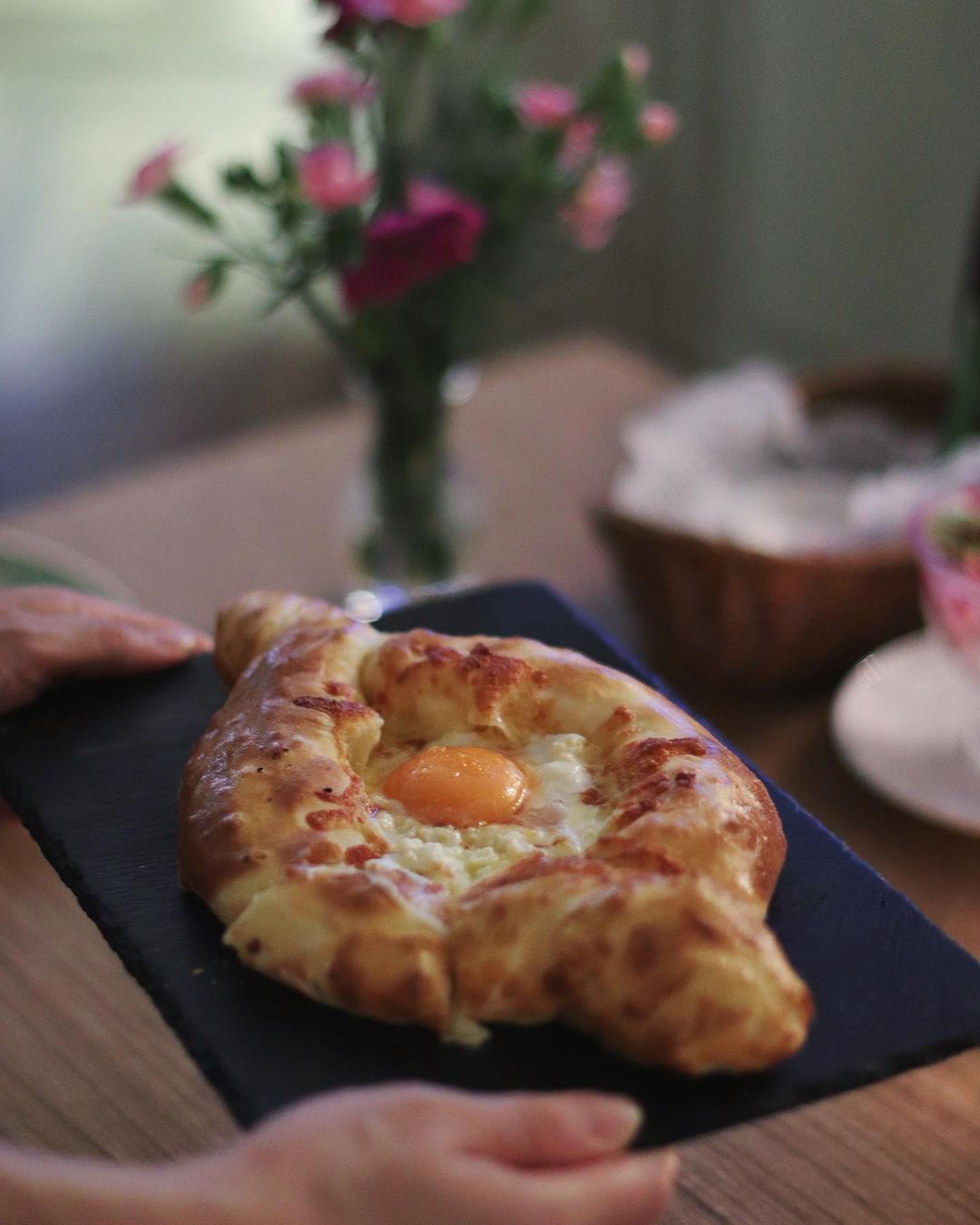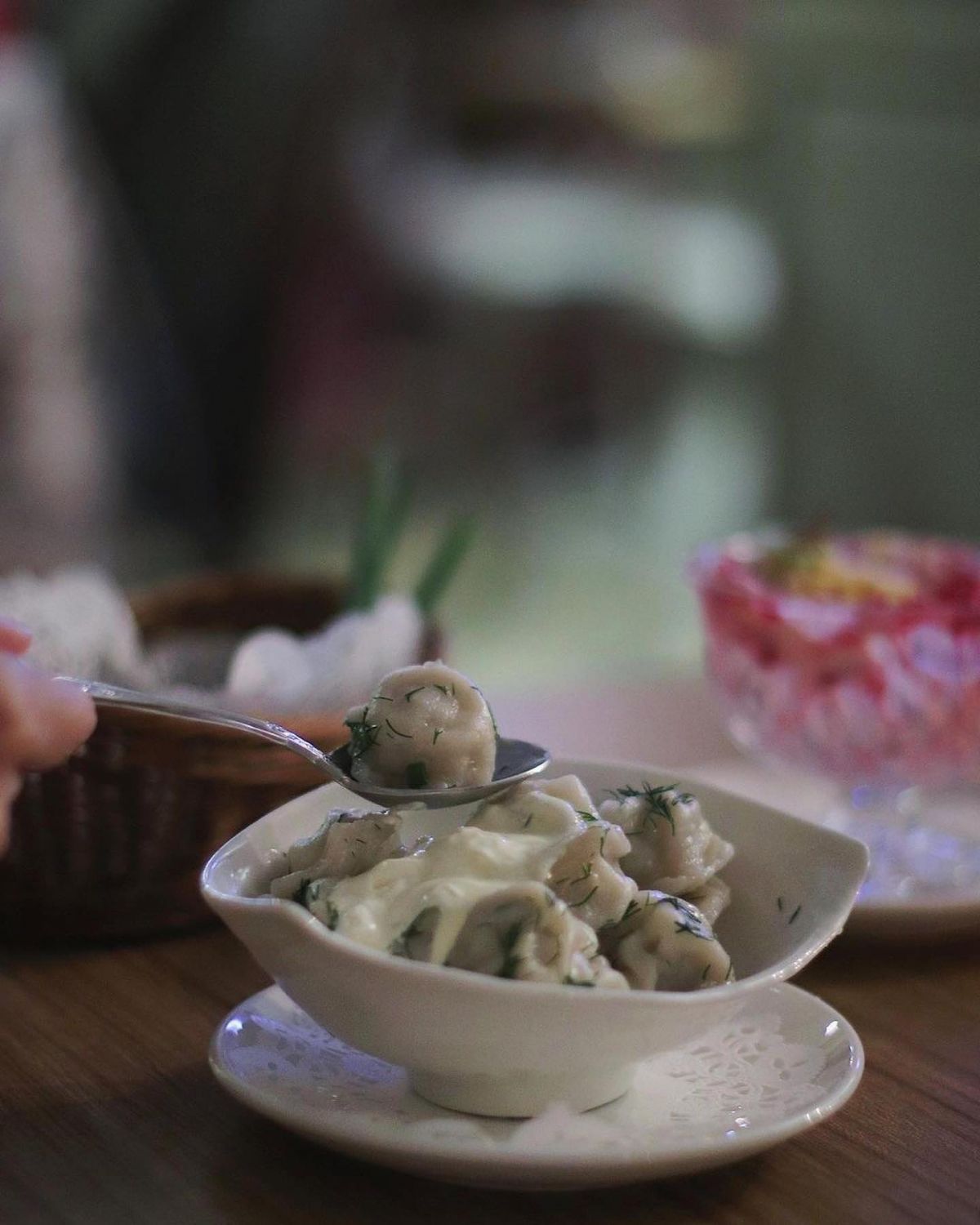As the war in Ukraine crosses its one-month mark, Dacha's founders, sister Oksana Shevchuk and Olena Smith, are mounting a resistance from their restaurant kitchen
In the pre-dawn hours of 24 February 2022, Russian military convoys that had for months amassed ominously on the border with Ukraine finally made good on their threat, barrelling into the Eastern European country and marking a new age in the history of global geopolitics. 7,000 kilometres away, headlines of the what Russian president Vladimir Putin deemed a “special military operation” were just beginning to reach Hong Kong as restaurants were preparing for their lunch service—for one restaurant in particular, the news hit home in every sense of the word.
“Watching the news from afar, we felt paralysed,” recalls Oksana Shevchuk, co-owner of Ukrainian restaurant Dacha. “No, it was weirder than that. It felt like we were suspended in a thick jelly. It was a surreal feeling—we were sickened, helpless and not sure how to help.”
Suddenly, Dacha, a homey, unassuming venue in the heart of Central that Oksana opened in 2015 with younger sister Olena Smith to quell their cravings for the cuisine of their homeland, was thrust into the spotlight as a defacto embassy for Ukraine, which last terminated its honorary consulate back in 2007.
Related: Where to Donate: Lend a Helping Hand to War Victims of Russia-Ukraine Conflict
Rumblings from Europe

Russia began its military build-up on the border in March 2021, significantly ramping up the number of units on standby from October 2021 onwards. Although the Kremlin justified the build-up as routine military training exercises and Ukrainian president Volodymyr Zelensky downplayed the threat of invasion ostensibly to prevent widespread panic, Western governments were warning with increasing urgency of the very real likelihood of a full-blown invasion and the possibility of the largest land conflict on European soil since World War II.
Despite the rising tensions at that time, the two sisters, along with their relatives and friends, did not believe that the war of words between Russia and the West would quickly turn hot. Yet, “in the month leading up to the war, we received many panicked messages from our friends and customers. It was lovely to feel their concern, but when it’s 20 messages of thoughts about your family, it throws you into the grip of anxiety and panic”, says Oksana.
“It’s difficult to explain what it feels like to be under the threat of invasion. It is in our genes as Ukrainians. It has been a part of our identity and culture. We had experienced it precisely eight years ago, starting with the invasion of the Crimean Peninsula in February 2014, [followed by] an illegal referendum. This was followed by war in the eastern part of Ukraine.”
Read more: "I'm Not Leaving"—11 Westside's Daniel Eun on Hope and Despair in Hong Kong


